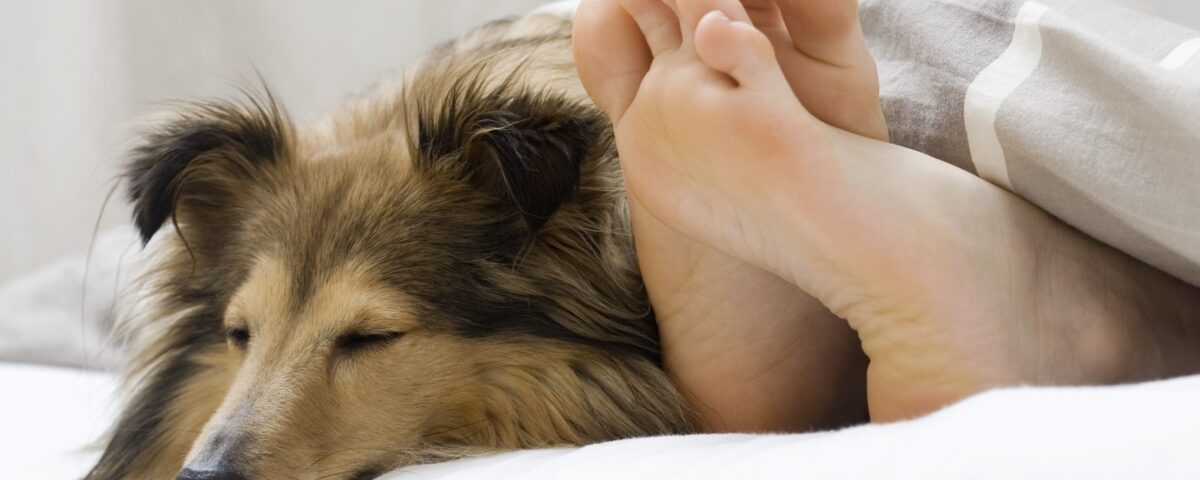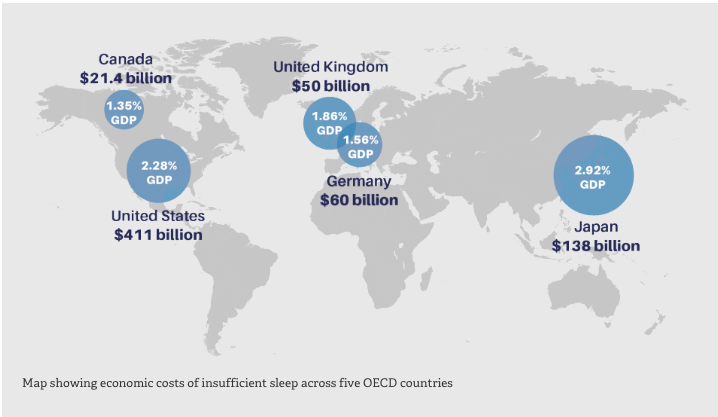
Weekly Economic News Roundup: From Healthy Food to Fat Taxes
October 7, 2017
Puerto Rico’s Solar Power Alternative
October 9, 2017In Japan, you could be admired for taking a daytime snooze at work. Called inemuri, “sleeping while present,” lets you attend a meeting while displaying your diligence through your exhaustion. It lets you signal that you are on the job for so many hours that you need a nap.
Rand tells us that Japan sacrifices a sizable chunk of its GDP because of sleep deprivation:
But at 2.28% of its GDP, the U.S. is not far behind.
Sleep Matters
Especially in the U.S. and Japan, we don’t get enough sleep.
However, economic conditions do affect how much we sleep. During the Great Recession, more people slept more. Perhaps for the same reason, the unemployed sleep one hour more than their working counterparts. We even know that people who live in states with more unemployment sleep more.
Sleep also affects our productivity. Whether we stay home or go to work after 6 hours of sleep, still we are less productive. In the U.S., the estimated result is a loss of 1.2 million working days:
Our Bottom Line: Productivity
At home, at work, and as a country, we benefit from 7 to 9 hours of sleep. Getting more output per unit of input, productivity is the reason.
Combined with ability and human capital, sleep affects our productivity at work. On the national level, it can elevate or diminish GDP and healthcare expenses that range from heart disease to depression. Consequently, firms can encourage their employees to sleep more. They can tweak commuting times, arrival times, and shifts. Governments can look more closely at the impact of time zones.
The bottom line though is that sleep matters. Returning to where we started, perhaps we should encourage napping during meetings?
My sources and more: Thanks to Dr. McCreary at Kent Place for this NY Times suggestion that led me here and here. Also, we returned to a 101 page Rand sleep study that we have referred to in the past. Finally, confirming the relationship between sleep and work, this study compares state unemployment data and here we have wages and sleep.
![econlifelogotrademarkedwebsitelogo[1]](/wp-content/uploads/2024/05/econlifelogotrademarkedwebsitelogo1.png#100878)







